Patience (Part 1)
By Goh Siqi • 4 minute readPatience... Patience… Patience… Easier said than done. As if to exemplify this, the heavens played along and fate put me to the test. I remember distinctly that it was a Friday…
It was lunchtime and hordes of students rushed to the canteen. Exasperation lingered in the air and their brows creased in sheer annoyance each time they looked up at the seemingly stagnant queue. Overly-passionate voices and zesty energy permeated the canteen and people soon began shouting above the din to make themselves heard. This did nothing except trigger afflictions within me. As my foot tapped against the ground -- I admit -- my impatience grew. It was soon my turn and I thought I could finally enjoy my lunch. But things were otherwise…
I gave the cashier a $50 note for a plate of food worth $3.50 but the cashier responded without even the slightest semblance of courtesy. He shouted scornfully at me for giving him such a big note and threw the change at me. I was shocked. I felt wronged. These feelings turned into annoyance and my mood got the better of me. I ate the meal but it wasn’t enjoyable at all, because I was so consumed by rage.
My encounter stands only too well as a paradigm of the faults of not practicing patience as recalled in the Ventalk session: A Distracted and Disturbed Mind; Misery and Suffering; Great Hatred. The cashier who had a distracted and disturbed mind lost his calm and composed demeanor; he failed to think rationally. And in that encounter alone I experienced misery. Those nasty words hurled in a fit of anger weren’t pleasant, and I am sure both of us were tormented by frustration and anger. I left with an aura of hostility -- great hatred.
According to the most skeletal definition, patience is the capacity to accept or tolerate. However, in Buddhist terms, patience is disregarding harm to you, accepting the suffering arising in your mindstream, and being certain about the teachings, and firmly maintaining belief in them. It requires dogged determination and perseverance -- something cultivated and nurtured over time and not within a day. Surely, it must not be easy, for we have our capacities. But in hindsight, the merit bestowed from patience is efficacious and would be unfortunate if forsaken. The benefits of patience are a concept that I believe is easy to understand and Nicholas gave a very good example -- project work. When people of contrasting ideas come together, it is unsurprising that our afflictions (for instance, disagreement, anger, and frustration) may arise. If left untamed, these afflictions could escalate the original harmless situation into a grave issue. Tensions ensue, and we will find ourselves ‘welcoming’ more enemies.
But a new insight comes if we practice patience. A scenario where a quarrel develops becomes unthinkable. People are harmonious. People are understanding. There will be no enemies. If this applaudable quality of patience is extrapolated into our daily activities, we will find ourselves benefitting from happiness and contentment, no regrets, rebirth in happy realms as well as good bonds formed.
So how do we practice patience?
Venerable Jon gave us two salient points:
1. Developing the patience of disregarding harm to you
Venerable Jon stated that people and afflictions are separated. As humans, we are prone to the vulnerability of afflictions (anger, jealousy, depression). We cannot put the blame on the person who is causing harm because, in hindsight, the afflictions are the ones controlling their state of mind. With this understanding, we keep our minds open to the possibility that the latter does not mean harm to us. If this virtue is conditioned well, whatever harm others do to us, we will always be able to find inner peace.
2. Developing the patience of accepting suffering
Suffering is an anathema -- that is reality. In the face of this, it is easy for afflictions to be triggered. It is easy for our attempts at patience to fall flat. But Nicholas said something which makes great sense (let us applaud):
“If there is a remedy, then what is the use of frustration? If there is no remedy, what is the use of frustration?”
As such, we should never let the frustration get the better of us if we already have a solution. When faced with predicaments we should employ every ounce of courage to overcome them. Not only will we become a warrior as Venerable Jon said, but we will also succeed in overcoming suffering, therefore, restraining our unwanted afflictions.
I shall conclude with an entertaining but clear-eyed quote relayed by Venerable Jon:
“Where could you get enough leathers to cover the entire surface of the earth? Wearing just the leather of your sandals is like covering the whole earth. Similarly, if we cannot change our external conditions except the state of our minds, then why do I have to change anything else?”
See you at our next VenTalk on 1 May!


